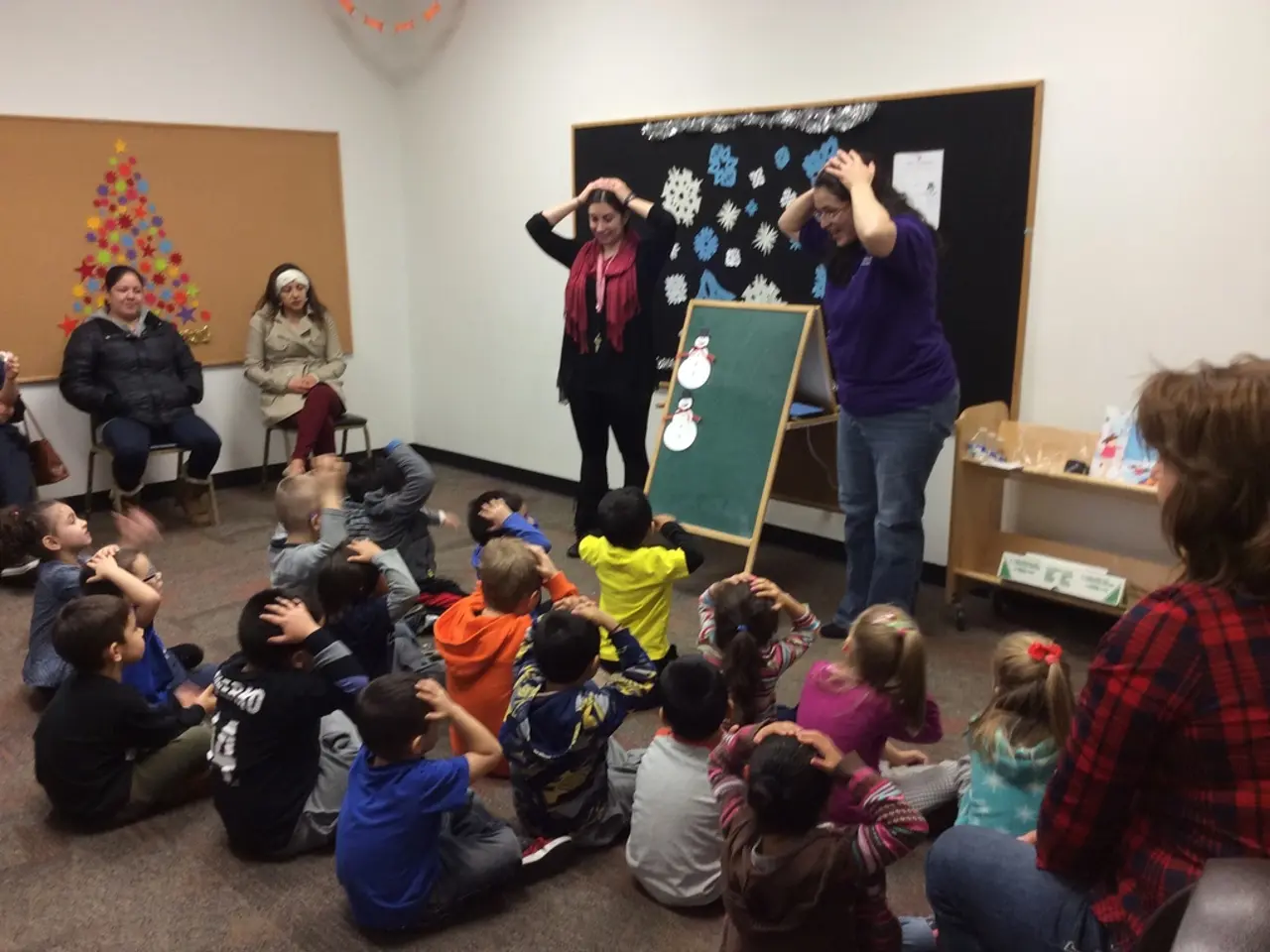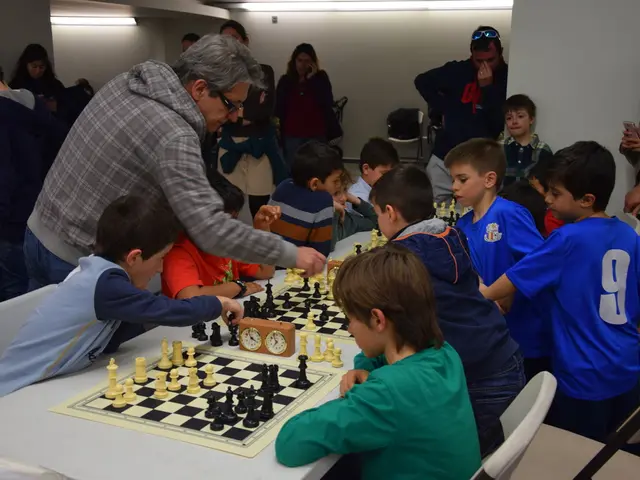AI Tutors Sparking Parental Concerns (Despite Their Significance)
In the rapidly evolving world of technology, the role of Artificial Intelligence (AI) in education is becoming increasingly significant. The White House announced the Advancing Artificial Intelligence Education for American Youth initiative in April 2025, making AI literacy a national priority.
AI tutors, such as those found in various educational platforms, are transforming the way students learn. They provide instant practice and feedback, turning homework into an active loop of trial, error, and correction. This instant feedback mechanism helps students to learn at their own pace, making the learning process more efficient and personalised.
However, it's important to note that AI tutors are not here to replace teachers, peers, or the real struggle of understanding a concept. Instead, they are tools designed to amplify learning when guided wisely. Encouraging deeper prompts can train children to ask smarter questions, making AI act like a tutor that stretches thinking.
The real challenge for families is not deciding whether their kids will use AI, but ensuring they learn to use it as a partner, not a shortcut. Parental presence for just five minutes can change how AI is used and encourage critical processing. Mixing AI with traditional tools like class notes and textbooks builds habits of cross-checking and critical thinking, ensuring a balanced learning approach.
AI tutors should be one tool in a set, not the only one. They should be used alongside other learning resources to ensure a comprehensive learning experience. In this way, AI can complement and enhance, rather than replace, traditional teaching methods.
The use of AI in education is not without its challenges. In German schools, for example, discussions about AI tutor offerings are ongoing. AI is already common among students, but it poses challenges for teachers, raising questions about ethical use, digital sovereignty, combating AI-driven misinformation, equitable access, and how to effectively integrate AI tools for learning. These are issues that require broad societal debate to avoid social disparities in AI literacy.
In conclusion, AI is undeniably shaping the future of education. However, it's crucial to remember that AI is a tool, not a replacement for human interaction and critical thinking. By teaching children how to question, reflect, and verify, we can prepare them for a future where AI is an integral part of their learning journey.








